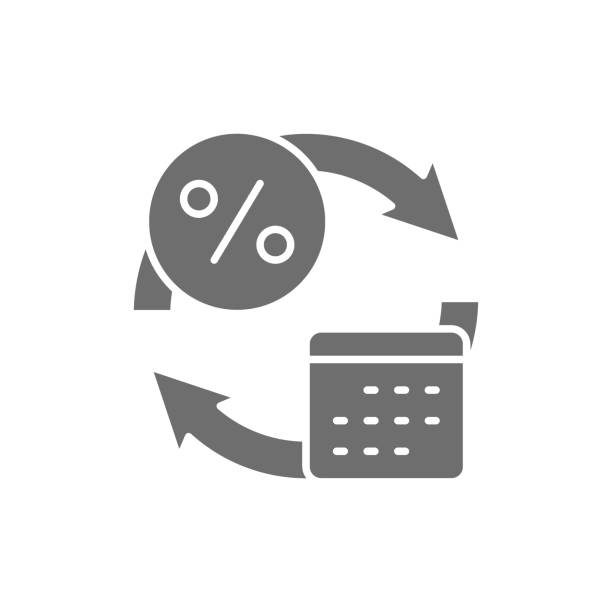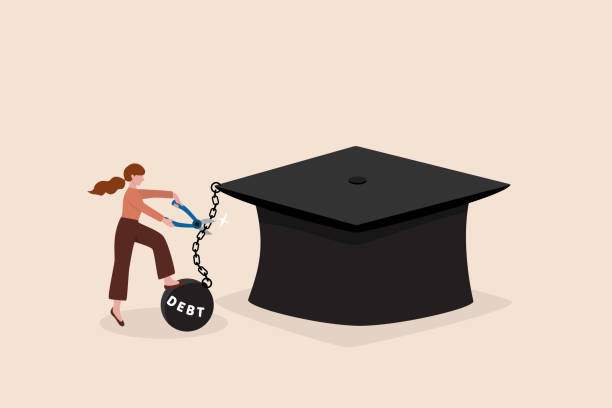Introduction
Student loans, a significant financial burden for many, can often feel like a heavy weight around your neck. In Pakistan and around the world, students take on loans to finance their education, but repaying these loans can be a daunting challenge. This article provides actionable tips and strategies to help you pay off your student loans faster. Whether you’re just starting to repay or looking for ways to accelerate the process, these insights will guide you in managing and eliminating your debt efficiently.
1. Budgeting: The Foundation of Loan Repayment

Creating a budget is the first step in managing your student loans effectively. Start by listing all your sources of income and expenses. Allocate a specific amount towards your loan repayment each month. A well-structured budget ensures that you are consistently putting money towards your loans while managing your day-to-day expenses. Regularly reviewing and adjusting your budget as needed can also help in finding additional funds to put towards your loan.
2. Prioritize High-Interest Loans
If you have multiple loans, focus on repaying those with the highest interest rates first. This strategy, known as the avalanche method, minimizes the total interest paid over the life of the loan. By tackling high-interest loans first, you reduce the amount of money that accrues in interest, allowing you to pay off your debt more quickly.
3. Increase Your Monthly Payments

Increasing your monthly loan payments can significantly reduce the repayment period. Even a small increase can make a big difference over time. Consider allocating any additional income, such as bonuses or tax refunds, towards your student loans. This approach helps in reducing the principal amount faster and cuts down the interest accrued.
4. Make Extra Payments Whenever Possible
Whenever you have extra funds, make additional payments towards your student loans. These extra payments can be applied directly to the principal, which reduces the overall balance and shortens the loan term. Regular extra payments, even if they are small, can accelerate your path to becoming debt-free.
5. Refinance Your Student Loans

Refinancing involves taking out a new loan with better terms to pay off existing loans. By refinancing, you might secure a lower interest rate, which can reduce your monthly payments and total interest. However, be sure to weigh the pros and cons, as refinancing may not be suitable for everyone, particularly if you have federal loans with benefits.
6. Explore Loan Forgiveness Programs
Depending on your profession and location, you might be eligible for loan forgiveness programs. These programs, such as Public Service Loan Forgiveness (PSLF), offer loan forgiveness for those who work in specific fields or make a certain number of qualifying payments. Research available programs and determine if you qualify for any forgiveness opportunities.
7. Automate Your Payments
Setting up automatic payments can help you avoid late fees and ensure that you never miss a payment. Many lenders offer a discount on the interest rate for borrowers who enroll in automatic payments. This convenience not only keeps your account in good standing but can also contribute to a more consistent repayment process.
8. Take Advantage of Employer Loan Repayment Benefits
Some employers offer student loan repayment assistance as part of their benefits package. Check with your employer to see if they provide such benefits. If they do, utilize these benefits to reduce your loan balance. This could be a valuable addition to your overall repayment strategy.
9. Consolidate Your Loans
Loan consolidation combines multiple loans into a single loan with a fixed interest rate. This can simplify your repayment process by providing one monthly payment. While consolidation might not always reduce your interest rate, it can streamline your payments and make managing your debt easier.
10. Utilize Windfalls Wisely
If you receive a financial windfall, such as an inheritance or a large bonus, consider using a portion of it to pay down your student loans. Applying these unexpected funds to your loans can have a significant impact on reducing your debt and accelerating repayment.
11. Cut Unnecessary Expenses
Review your spending habits and identify areas where you can cut costs. Reducing unnecessary expenses allows you to allocate more money towards your loan repayment. Whether it’s dining out less or canceling unused subscriptions, every little bit helps in reaching your goal of becoming debt-free.
12. Set Specific Financial Goals
Setting clear and achievable financial goals can motivate you to stay on track with your loan repayment. Define how much you want to pay off each month and track your progress. Having specific goals helps you remain focused and provides a sense of accomplishment as you achieve milestones.
13. Seek Financial Counseling
If you’re struggling to manage your student loans, consider seeking advice from a financial counselor. Professionals can provide personalized guidance, help you develop a repayment plan, and offer strategies tailored to your financial situation. Their expertise can be invaluable in navigating the complexities of student loan repayment.
14. Stay Informed About Your Loans
Understanding the terms and conditions of your student loans is crucial. Regularly review your loan statements, interest rates, and repayment schedules. Staying informed helps you make better financial decisions and ensures that you are aware of any changes or opportunities related to your loans.
15. Stay Persistent and Motivated
Repaying student loans can be a long journey, but persistence and motivation are key. Celebrate small victories and stay focused on your goal of becoming debt-free. Remind yourself of the benefits of paying off your loans early, such as financial freedom and reduced stress.
Conclusion
Paying off student loans quickly requires a strategic approach and discipline. By implementing these tips and strategies, you can effectively manage your debt and work towards becoming financially free. Remember, the journey to repaying student loans may be challenging, but with the right plan and determination, you can achieve your goal of financial freedom.
